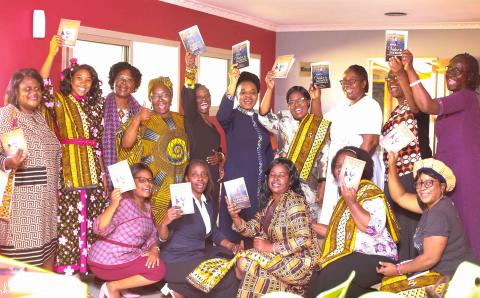All of us have discussed sermons—at Grandma’s house, in church meetings, or in conversation with family or friends. Our discussions might be positive or negative. A few years ago, when I started attending Brookside Christian Reformed Church in Grand Rapids, Mich., with my new bride, I joined a sermon discussion group that I experienced as a better way.
Longtime Brookside member Glen Van Andel facilitates the group. When asked how the group came about, he explained: “Oftentimes when we leave the worship service, we don’t talk to many people about it, and if we do, it frequently becomes a critique of the sermon or the pastor. Several of us wanted to focus on what the Spirit was saying to us and how to apply that to our lives, so we formed an adult education class that meets the hour following the service.”
The group usually has between 12 and 20 participants and follows this simple format:
1. Pleasant chit-chat as the group gathers, then an opening prayer.
2. Group discussion guided by these three questions:
- What did you hear the Spirit say to you in today’s message or worship service?
- In light of today’s discussion, so what?
- Looking to the week ahead, now what?
3. Sharing of joys and concerns and intercessory prayer.
Soon after the meeting, the facilitator provides a written summary.
The three questions are foundational. Rather than asking participants what they thought of the sermon, they are asked what they sensed the Spirit was saying to them personally. An exciting richness unfolds as participants tell stories and share insights of hearing God in differing circumstances and in such need-meeting and inspiring ways. The “so what” and “now what” questions are equally important. They help people move beyond talk to committing to real change in one’s daily walk with Jesus.
Good facilitation is crucial, and Brookside has been favored with a competent and committed facilitator. Good facilitation also can happen with multiple facilitators—provided they are mature Christians who have the respect of the pastor and the group and genuinely facilitate by helping the group share with and learn from one another. Good facilitation requires focus, regularly reminding the group of its purpose and process. It requires flexibility, at times allowing for discussion of tangential or unexpected issues. And always, it requires gentleness.
Finally, a timely written follow-up sent via email is valuable as well. Van Andel thinks of it as a reflection on or overview of participants’ insights along with their joys and concerns. This summary provides a record for the participants and blesses the pastor with appreciative feedback.
About the Author
Alfred Mulder is an emeritus Christian Reformed minister who served three congregations and denominational missions. He lives in Grand Rapids, Mich., with his wife, Joanna Meyer, and is a father, grandfather, and great-grandfather.








